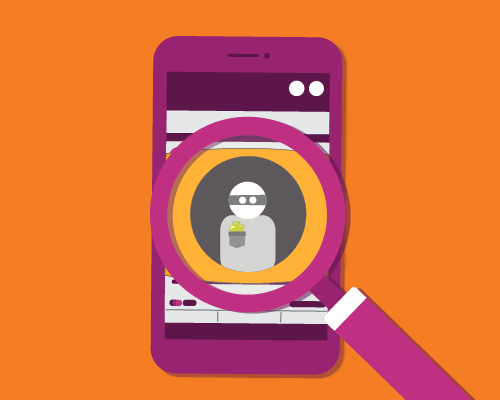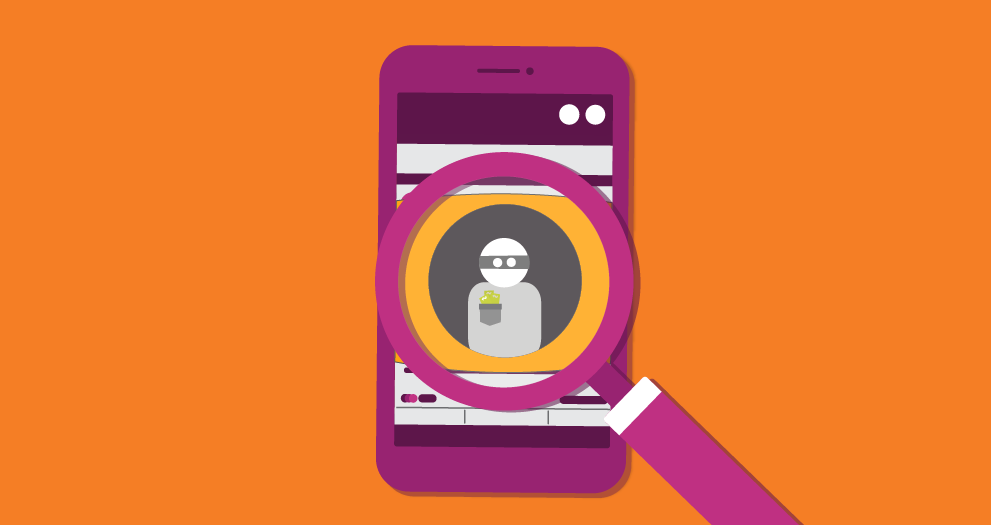Published Nov. 2023
Reclaim security of your personal information.
Scammers can be very creative, which makes it easy for people to fall for their tricks.
Scams can happen to anyone, and when they do, it’s important to know what next steps to take.
Whether it's a fraudulent online purchase, a phishing email or text, or a fraudster pretending to be a person in need, being scammed can be distressing.
The STCU financial crimes team specializes in preventing fraud and working with people who’ve been scammed. Here’s what they say you should do once you realize something isn’t right:
1. Cut off contact with the scammer.
Stop communicating with the fraudster as soon as you start to think they’re up to something suspicious. Block their calls, email, and any other way they’ve been reaching you.
This step will help put a stop to additional attempts to trick you.
2. Get in touch with your financial institution.
Let your bank or credit union know you’ve been scammed right away. They can help you lock down your accounts and guide you on what to do next.
That includes opening new accounts, walking you through what to do with any credit or debit cards that might be compromised, and getting you set up with new online banking credentials. These steps help prevent the scammer from being able to take more funds.
Not sure if something is a scam or not? Reach out to your financial institution if you have any suspicions. They can help determine if something sounds off.
3. Report the scam to authorities.
Filing a police report could not only help you, but also prevent others from falling for the scam in the future.
Also, by sharing what happened, you’re giving law enforcement information they could use to track down the fraudster and stop the scams.
What to look out for.
Scammers have a whole playbook of tricks. There are the 'send money to your online sweetheart who's mysteriously broke' scam, inheritance scams, lottery frauds, job offers that sound too good to be true, and even vehicle wrap scams.
🚩 Here are some red flags:
- Things need to happen urgently.
- There’s pushback when you try to verify details on your own. STCU will never be offended you want to verify the contact with us.
- The scammer requests to send you money somewhere else (via wire transfer, money order or gift card purchases) to “protect it.”
- The scammer requests you to mail a package with cash in it.
- They ask for PINs, online banking login credentials, or other information STCU wouldn’t ask for.
- Emails contain spelling, grammar, or general English language errors.
- Emails come from an address that doesn’t appear to be associated with the company that the email is supposedly from.
Bouncing back from a scam might seem impossible at first. It’s important to know there are steps you can take to get your financial life back on track.





